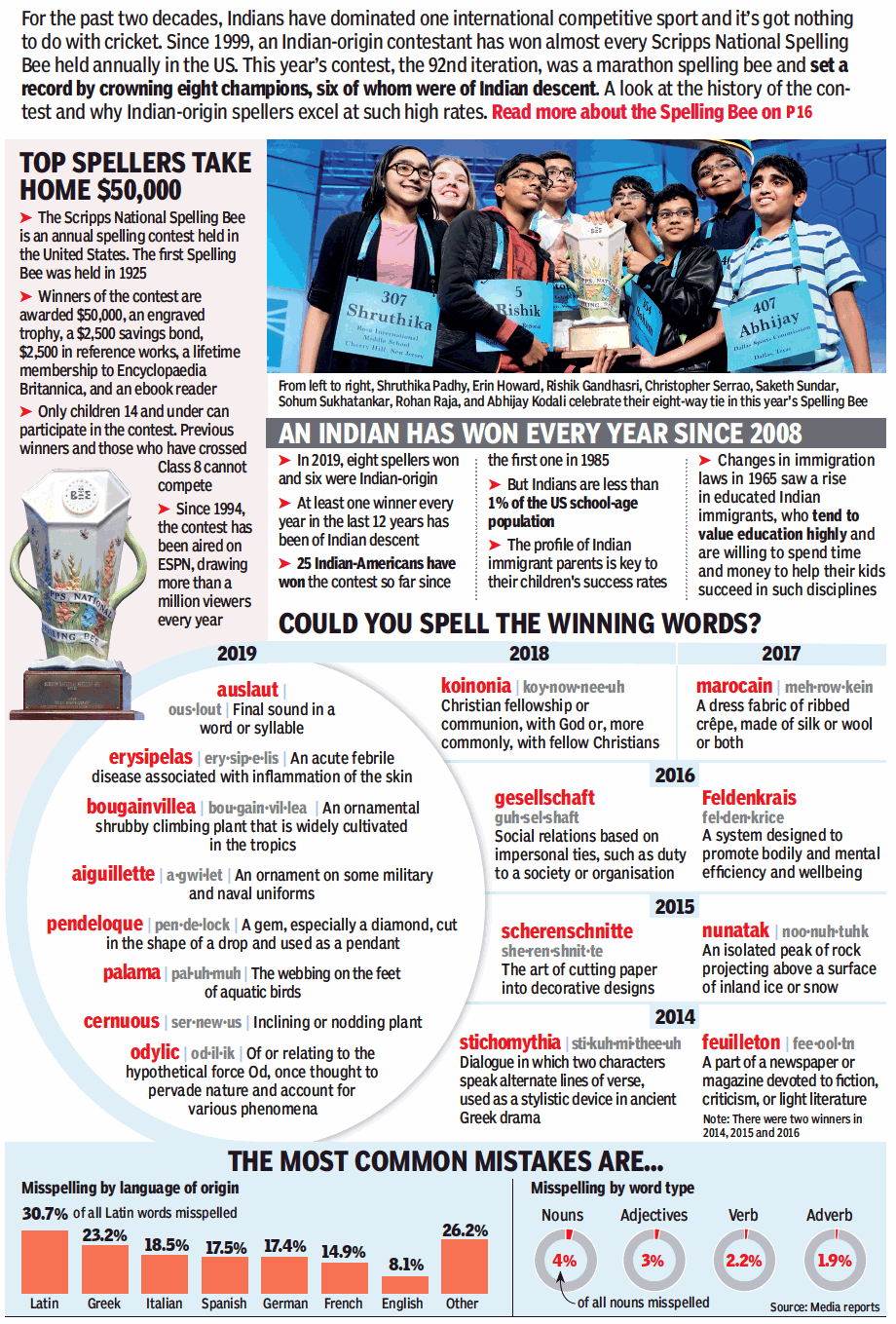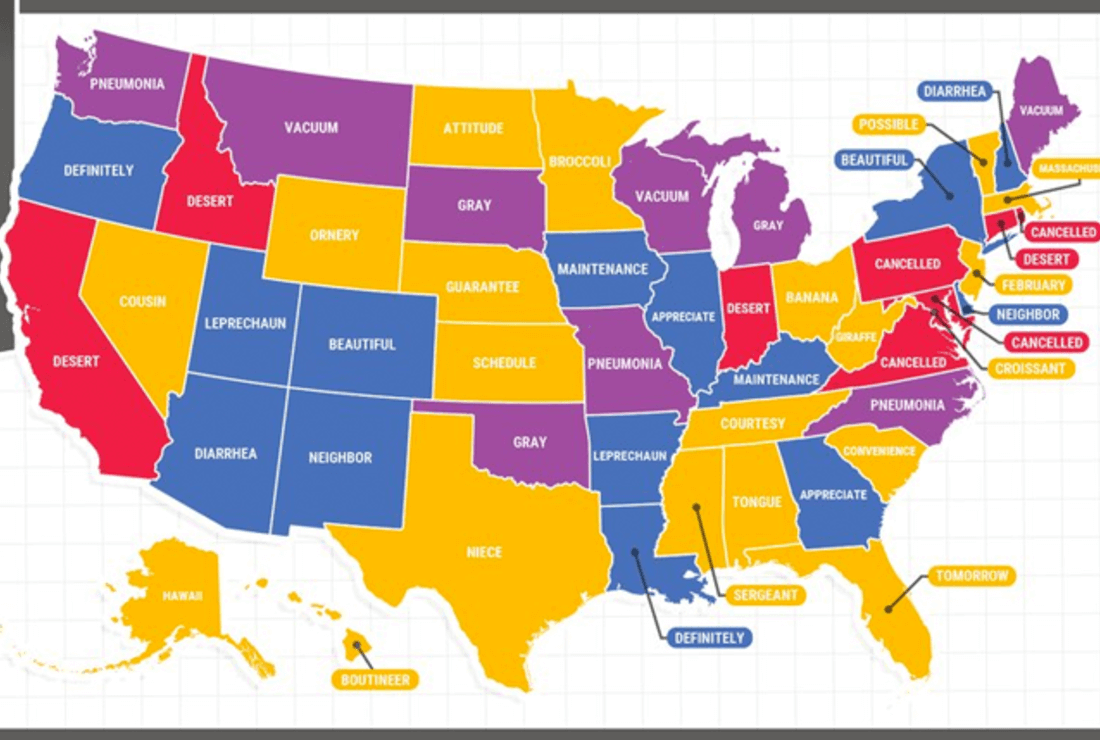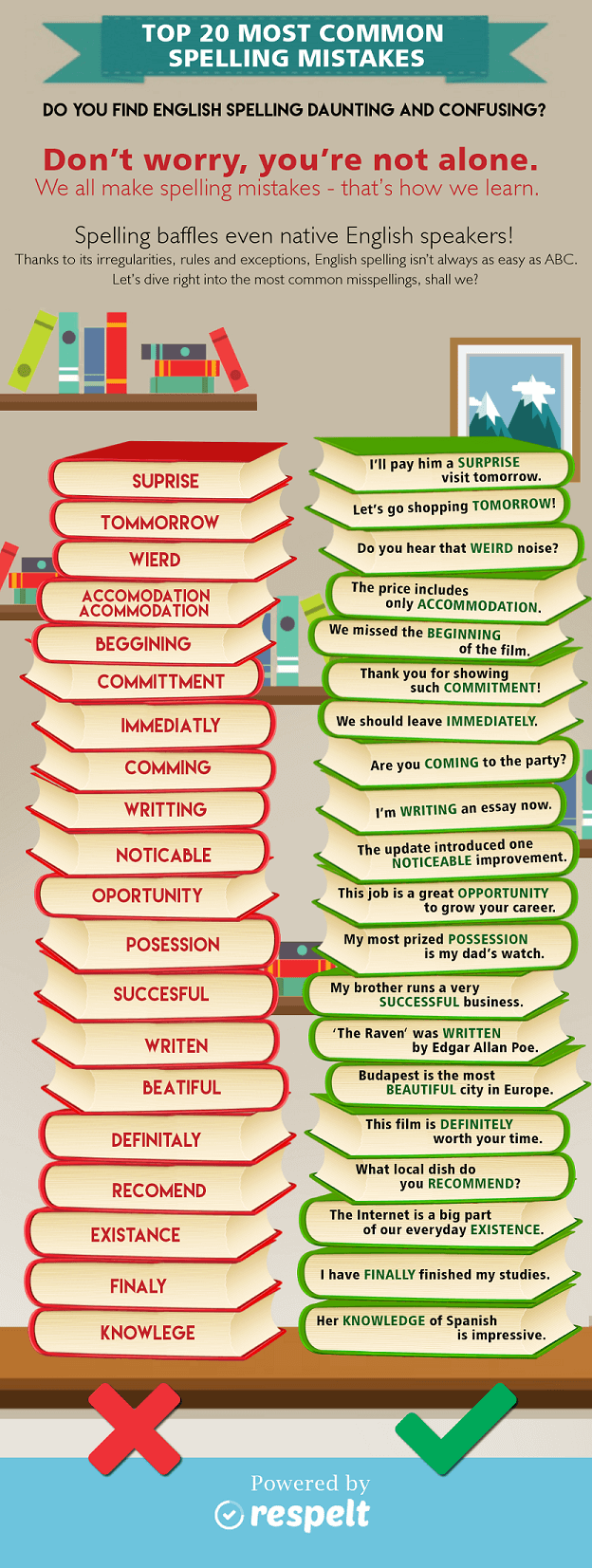In 2019, in 92nd Scripps National Spelling Bee competition in the USA which is broadcasted live, 562 spellers competed and after a gruelling 20 rounds, the eight left at the end were named co-champions or the octochamps. Seven of the Eight Spelling Bee winners are Indian Americans. South Asian-Americans have come out on top each of the past 12 years. What is the spelling bee? Is Spelling a completely useless skill? Why do South Asians- Americans come out at the top? What were the winning words in the last few years? What is bee in the Spelling bee?
Table of Contents
About Spelling Bee
What is the Spelling Bee Competition?
A spelling bee is a competition in which contestants are asked to spell a broad selection of words, usually with a varying degree of difficulty. The concept is thought to have originated in the United States and spelling bee events, along with variants, are now also held in some other countries around the world.
Scrips Spelling Bee
In the United States, spelling bees are annually held from local levels up to the level of the Scripps National Spelling Bee which awards a cash prize to the winner. The National Spelling Bee is sponsored by English-language newspapers and educational foundations; it is also broadcast on ESPN. Since 2006, the National Spelling Bee’s championship rounds have been broadcast on ABC live. The words appear to have increased in difficulty over time — therapy, initials and dulcimer in the 1940s compared to appoggiatura, guetapens and feuilleton but the contestants’ expressions of puzzlement, exasperation and triumph are timeless.
Contestants of the Scrips National Level should not have passed beyond the eighth grade and must be less than 15 years of age (before 31 Aug). They must have been declared a champion of a final local spelling bee or approved for participation through either RSVBee or the school self-sponsorship program. Details of all the rules and rounds are available at the Scrips webpage here. Final happens in Washington, DC.
The contest has been long dominated by Indian Americans with ESPN’s live broadcast bringing greater public attention to the contest and two other competitions, the North South Foundation spelling bee and the South Asian Spelling Bee, serving as proving grounds.
The United States National Spelling Bee was started in 1925 by The Courier-Journal, the newspaper of Louisville, Kentucky. In 1941, the Scripps Howard News Service acquired sponsorship of the program, and the name changed to the Scripps Howard National Spelling Bee (later simply “Scripps National Spelling Bee”). Besides competitors from the 50 U.S. states, several come from Canada, the Bahamas, New Zealand and European countries. Frank Neuhauser won the very first Scripps National Spelling Bee in 1925 by correctly spelling gladiolus.
Since 2018, Students who had lost at the regional levels are allowed to compete in the national contest if they paid $750, plus expenses. In 2-019 year, the “participation fee” doubled to $1,500, and the group of 562 included more contestants who had paid than those who had arrived the traditional way.
Prizes for Scrips Spelling Bee
Participants and winners get prizes from Scripps National Spelling Bee, From Merriam-Webster Dictionary, From Encyclopædia Britannica. From the Scrips webpage which also lists Competition Schedule, Admission and Seating Policy, Contest Rules, What to Wear
Champion of Scrips Spelling Bee competition gets the following prizes:
- From the Scripps National Spelling Bee: a $50,000 cash prize and Scripps National Spelling Bee engraved trophy
- From Merriam-Webster a $2,500 cash prize and reference library
- From Encyclopædia Britannica $400 of reference works, including a 1768 Encyclopædia Britannica © Replica Set and a three-year membership to Britannica Online © Premium
- a trip to New York City (Champion plus one parent ) for the Champion to appear on Live with Kelly and Ryan, which airs weekday mornings in national syndication, and
- a trip to Hollywood, Los Angeles (Champion plus one parent) for the Champion to appear on ABC’s Jimmy Kimmel Live! which airs weeknights at 11:35|10:35c (pending availability).
Prizes for the Finalists
The Finalists gets the following prizes, From the Scripps National Spelling Bee A commemorative medal and:
- Misspell in Rounds 4 through 6 – $500 gift card
- Misspell in Round 7 through to 7th place – $2,000
- 6th place – $2,500
- 5th place – $5,000
- 4th place – $10,000
- 3rd place – $15,000
- 2nd place – $25,000
All the Spellers who participate get the following prizes:
- From Merriam-Webster: A one-year subscription to Merriam-Webster Unabridged Online
- From Mr Jay Sugarman: A 2019 United States Mint Proof Set, given in honour of his father Samuel Louis Sugarman, who revered academic achievement
- From Encyclopædia Britannica: A one-year subscription to Britannica Online Premium
India and Spelling Bee
India also has a Spelling Bee competition. India Spelling Bee is held in India for school students across the country. It has Regional finales followed by a National finale. More details about India Spelling Bee at their website www.indiaspellingbee.com
Is Spelling Bee Competition Good or Bad?
Cynics have often said that spelling is not a skill needed for success and regard completely useless skill especially in the world of word processors and Grammarly. Memorising lists of complicated words might help win this competition but is of virtually no use in the real world. Better to learn proper usage of such words as ‘their’, ‘there’, and ‘they’re.’
Is it Ridiculous? Are kids smart? They are spending thousands of dollars and hundreds of hours, hiring coaches, etc. The entire thing should be ended. It is basically a memorization game.
Critics of the Bee have rightly pointed out that many of the contestants rely on personal coaches and spend much of their time studying for this one competition.
But Olympic athletes do the same. They worked hard at something that does not come easily to everybody, and they deserve all the confetti and praise that has fallen on them. They deserve for us to marvel at how they were able to spell “cernuous,” “odylic” and “erysipelas,” while people in Hawaii were looking up how to spell “Hawaii.”
Why do South Asians- Americans come out at the top? Is it because of the culture that instils a drive for achievement and mastery of the English language? Many say that Spelling bees are prestige activity for Indian-American parents. Many immigrants from South Asia are well-educated, success-driven professionals and they want their kids to be that way too. Parents invest a lot of their time with their kids. They prioritize education and have the economic means to have a parent stay at home. It’s much more a socio-economic factor than a gene.”
What happens to the champions of Spelling Bee competition
- William Cashor who won in 1954 is a Neonatology specialist and professor emeritus at Brown University’s Alpert Medical School
- Balu Natarajan who won in 1985 is Chief Medical Officer of Seasons Hospice and Palliative Care, who also has a private practice focused on internal medicine and sports medicine.
- Scott Isaacs who won in 1989 became Spelling Bee Coach.
- Pratyush Buddiga who won in 2007 became a professional poker player.
Coaching for Spelling Bee
Coaching sessions can run more than $200 an hour, and at least one firm requires its students to sign nondisclosure agreements, sealing off their word lists and curriculum materials from people who do not pay. Many of the coaches were once among the nation’s top spellers — or parented them — as sharing tips and tricks evolved from a word-of-mouth tradition into a lucrative practice.
Six of 2019 Spelling Bee Winners had relied on SpellPundit, a coaching company started last year by two former competitive spellers, the teenage siblings Shobha and Shourav Dasari of Spring, Tex., a Houston suburb. For an annual subscription of $600, SpellPundit offers the massive list, which is sorted by difficulty levels and guarantees that it includes all words used in the competitions. Business took off after last year’s champion, Karthik Nemmani gave a shout-out to the service.
Where does Bee in Spelling Bee come from?
Bee is derived from the Old English bēn meaning a prayer, favour. By the late eighteenth century, bee had become commonly associated with the British dialect form, been or bean, referring to the joining of neighbours to work on a single activity to help a neighbour in need: sewing bee, quilting bee, etc. This derivation counters a long-held belief that bee refers to the buzzing insect and the social nature of a beehive. The earliest printed reference to spelling bee dates back to 1825.
Spelling Bee Infographic
This spelling bee Infographic from Times of India on 2 Jun 2019.

America’s Top Spelling Mistakes
Google in 2016 released a map showing the most misspelt words by state. What they did is compiled data based on the search “How do you spell.” And some of the words may surprise you.
The most common search in Massachusetts? How do you spell Massachusetts?” folks in Washington, D.C., needed the help of the internet to spell the word “ninety”. “Beautiful” and “pneumonia,” two very different words, tied for most “most misspelled word.” Users in California, Kentucky, Minnesota, New York and Ohio searched for the former, while people in Alabama, Illinois, Maine, Michigan and Washington sought the latter. The longest word Americans didn’t know how to spell, searched for by both West Virginia and Connecticut users, was also an invented one: “supercalifragilisticexpialidocious,” the word that one magic nanny named Mary Poppins sang about while force-feeding the children in her care liquid medicine and pure granulated sugar.

Top Common Spelling Mistakes
While ordinary humans have these spelling mistakes

So what do you feel? Should we let our children participate in Spelling Bee competitions or other such competitions? Why do South Asians- Americans especially Indians come out at the top? Is Spelling a completely useless skill?

2 responses to “Spelling Bee:What it is, Why do Indians do well? Common Spelling Mistakes”
That was an interesting read. These tests begin with simple words. And then as they go higher up in level they get more complicated, no? Apart from the fact that it’s that drive to accomplish something that keeps these kids going, I’m sure they learn some interesting things about English as a language. And I’m sure that some confidence comes with doing well there. And the winners must be supercalifragilisticexpialidocous about it. 🙂
Looking into what the winners are doing now is a great idea for a news story. 🙂 I enjoyed reading about the common searches, too.
Thanks for your comment and encouraging words